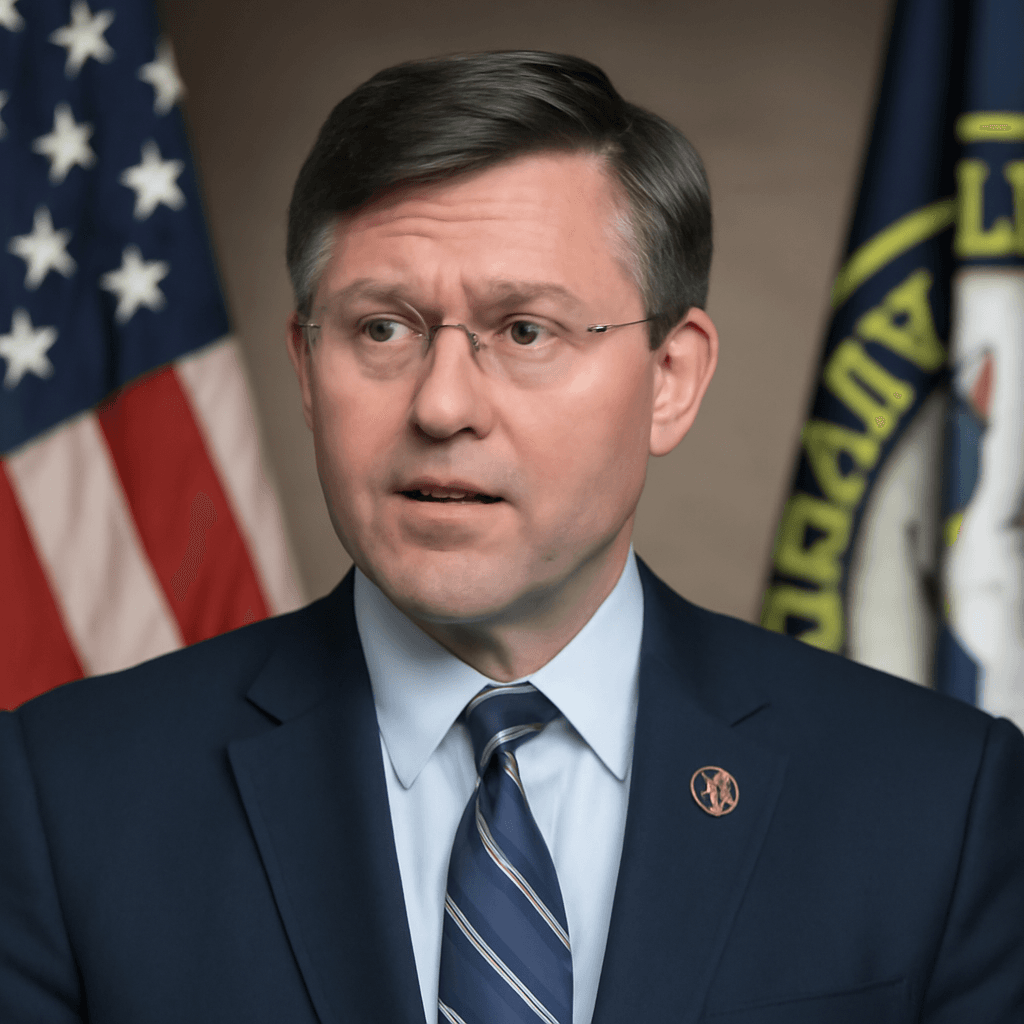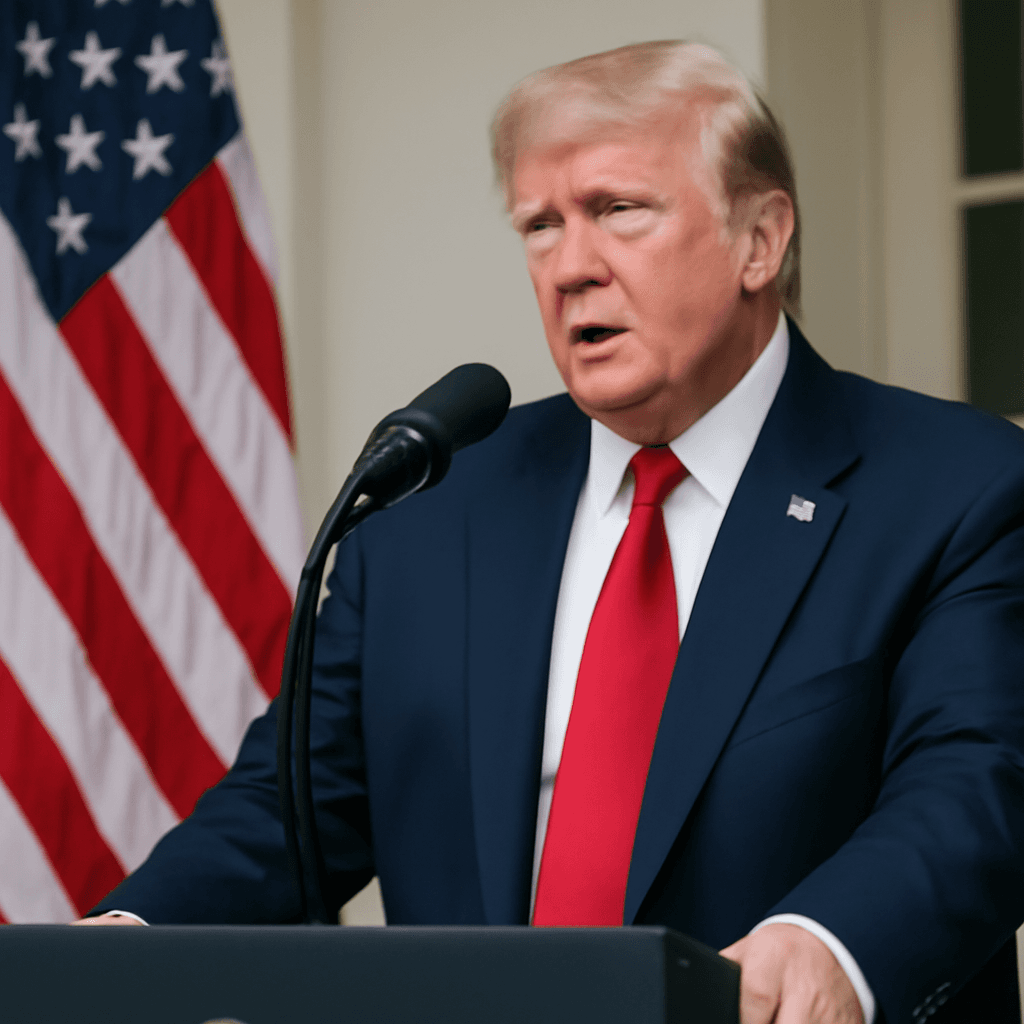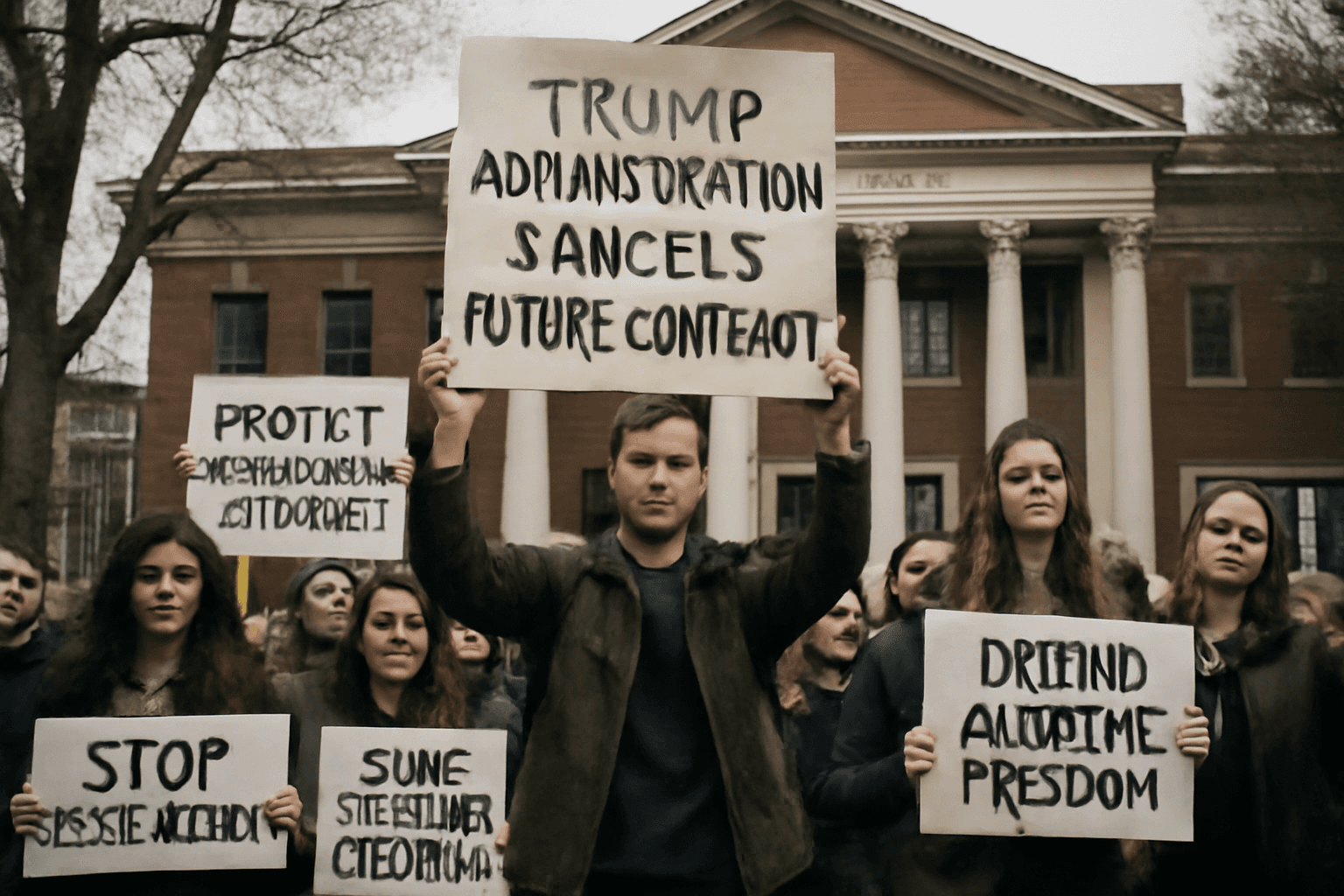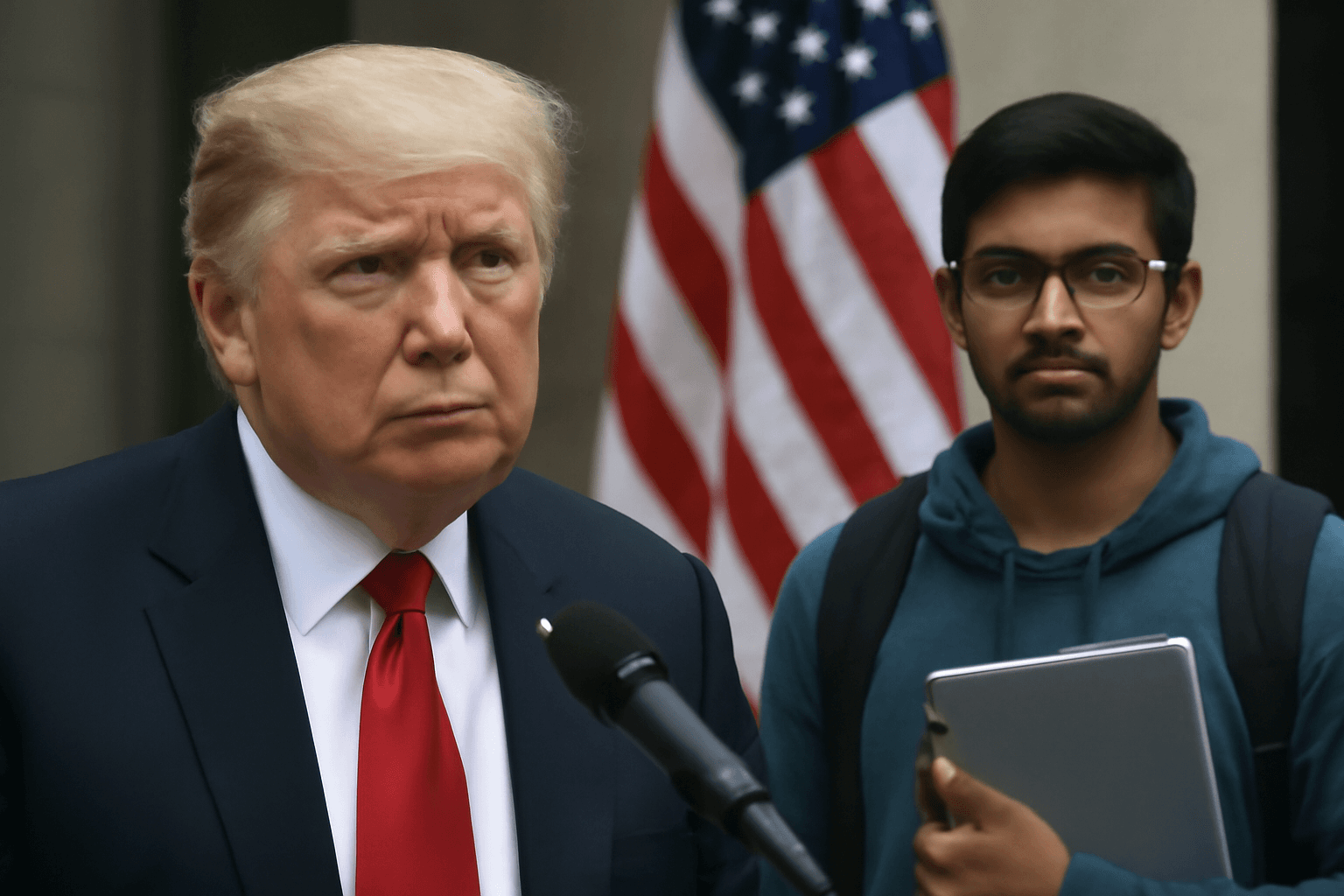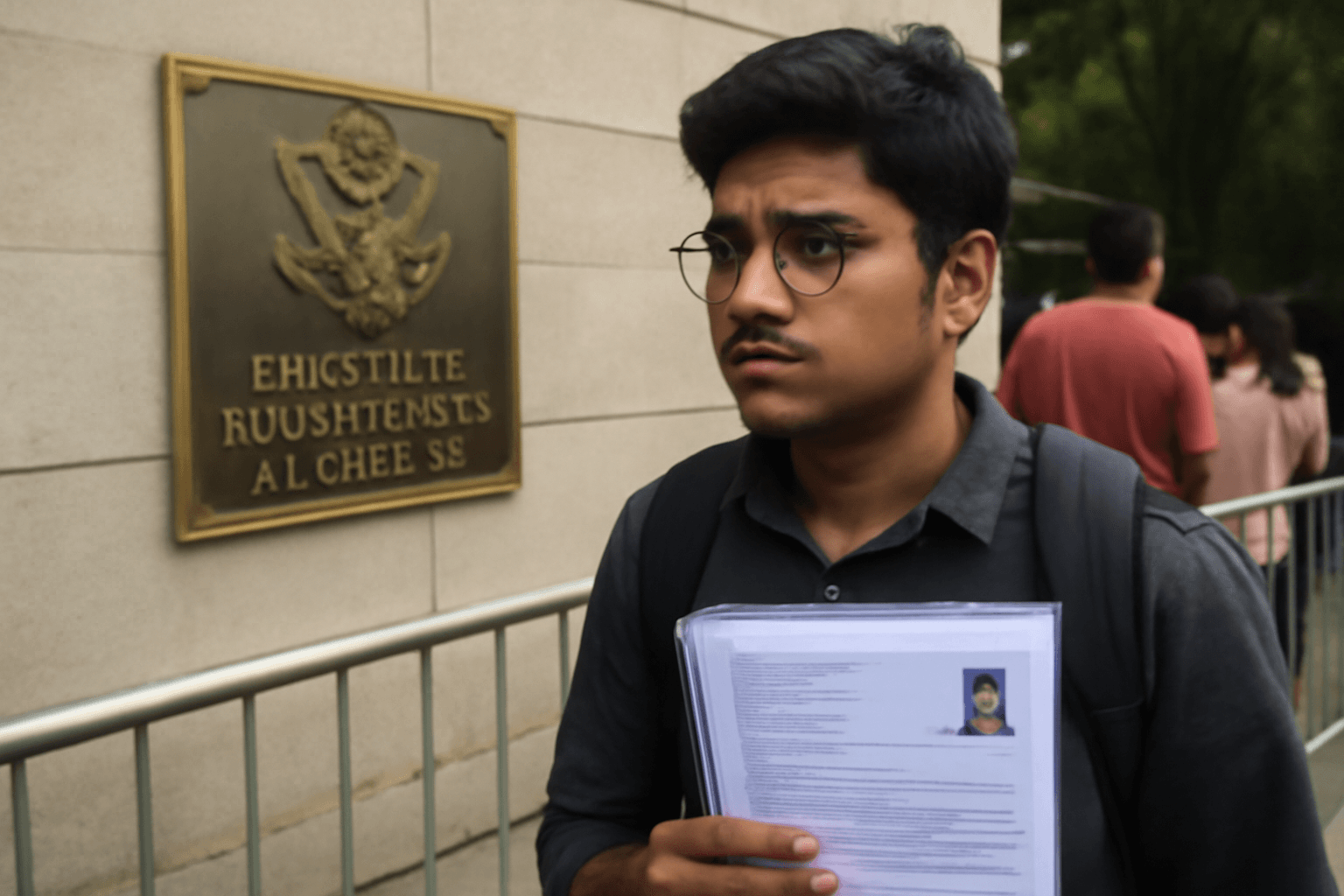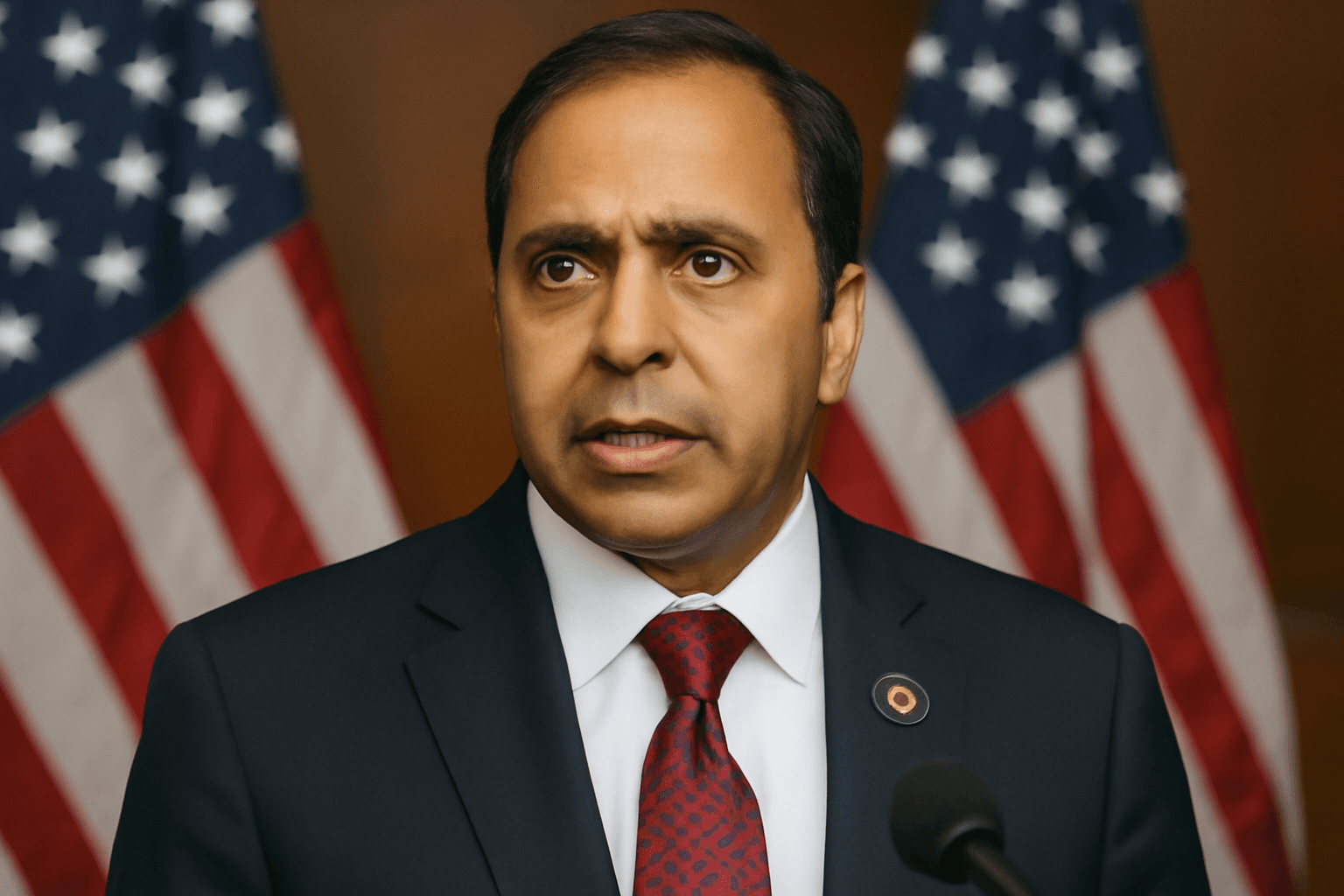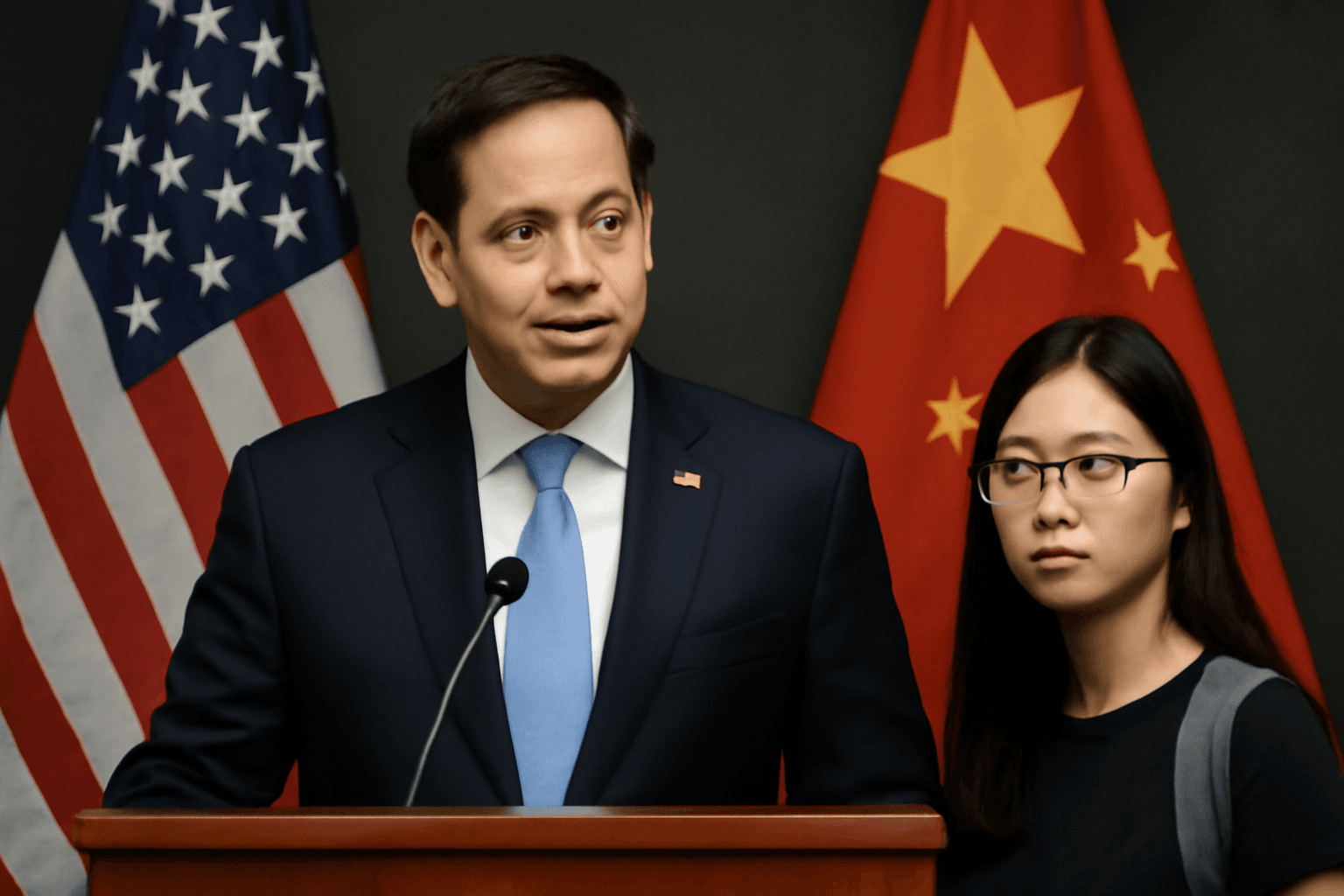Overview of the New Federal Hiring Policy
The Trump administration has introduced a significant shift in federal hiring policies, emphasizing patriotism and loyalty to the president's agenda. The new approach aims to prioritize candidates who demonstrate a commitment to constitutional principles, efficiency, and alignment with presidential policies over diversity-based metrics.
Key Changes in Hiring Practices
- Merit-Based Selection: The administration seeks to replace previous frameworks focused on equity and diversity with a system centered on merit and patriotism.
- Essay Requirement: For federal jobs at the GS-5 level and above, applicants must submit essays explaining how they will uphold the Constitution, promote government efficiency, and support the president’s initiatives.
- Revised Candidate Pool: The policy encourages recruitment from a broader range of institutions and communities, such as state and land-grant universities, community colleges, faith-based organizations, homeschooling groups, military veterans, law enforcement, and youth organizations like 4-H and the American Legion.
- Prohibition of Demographic Considerations: The hiring plan explicitly bans the use of race, gender, ethnicity, or concepts like underrepresentation as factors in federal recruitment, hiring, or promotions.
- Streamlined Hiring Timeline: Agencies are required to complete hiring within 80 days in compliance with the president’s governmentwide hiring directive.
Administration’s Justification and Criticism
The directive, drafted by senior officials, criticizes prior administrations for prioritizing diversity and equity over skills, resulting in unqualified hires. Supporters argue that this policy will ensure that federal employees are talented, capable, and devoted to serving the public in line with constitutional values.
However, critics express concern that the policy imposes a political loyalty test on civil servants, potentially undermining the nonpartisan nature of public service. Public sector experts warn that politicizing hiring criteria could deter qualified professionals from government roles and neglect the importance of skills and service in critical federal positions, such as firefighters, inspectors, and national park rangers.
Implications for Federal Workforce and Recruitment
This reorientation represents a fundamental change to federal employment, with lasting implications for government efficiency and public trust. While intended to streamline hiring and promote ideological alignment, the policy may deepen divisions regarding the role of diversity and objectivity in public service recruitment.




